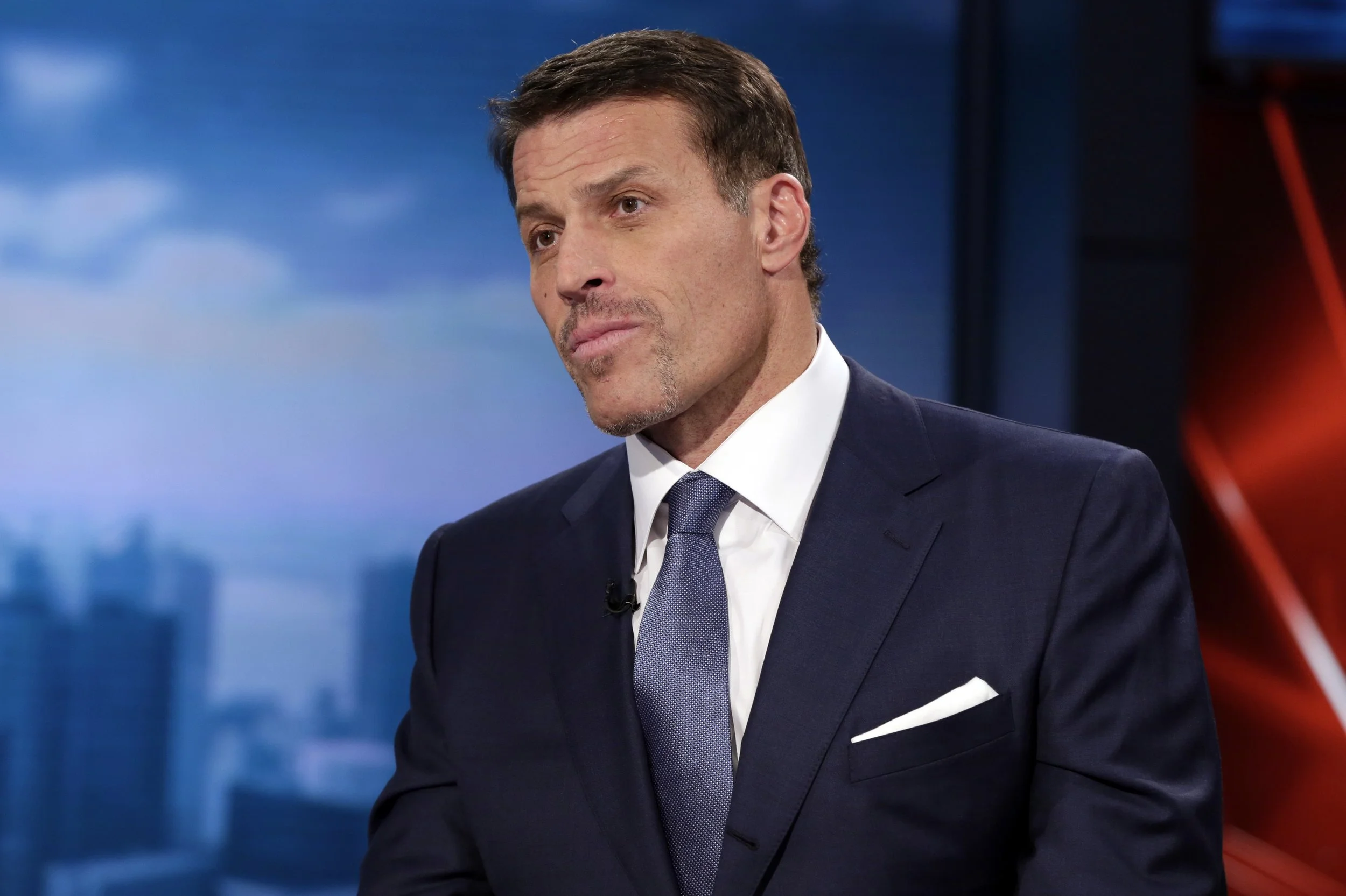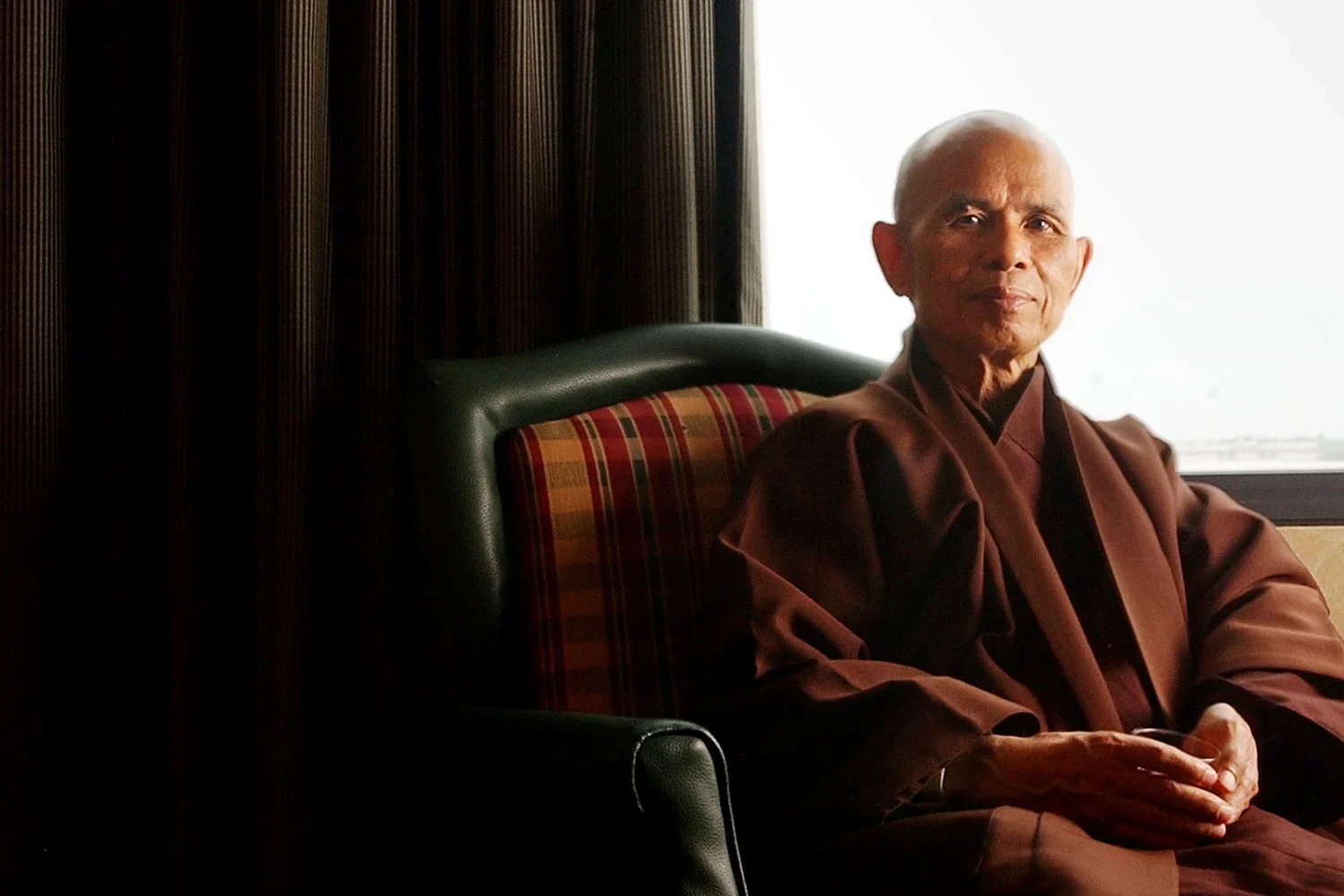DEFINITION
Mantras and Affirmations, though slightly different, will be used interchangeably throughout FBTL.
Mantra
Origin: Rooted in ancient spiritual traditions (Sanskrit, Buddhism, Hinduism).
Definition: A sacred word, sound, or phrase repeated during meditation or practice to focus the mind and connect with a deeper state of consciousness.
Purpose: To quiet the mind, enter a meditative state, and cultivate presence.
Use in Tennis/EQ: Helps players reset either between points or during tough stretches in matches,
Affirmation
Origin: Modern psychology and self-help traditions.
Definition: A positive, declarative statement aimed at reshaping beliefs, reinforcing confidence, and encouraging desired behaviors.
Purpose: To build self-belief, reframe negative thoughts, and strengthen motivation.
Use in Tennis/EQ: Used often and regularly before or during competition to aid in managing stress while directing focus toward goals.
Key Difference
Mantra = centering and calming (spiritual/meditative tool).
Affirmation = empowering and motivating (psychological/mental tool).
FBTL 10 question test on Mantras And Affirmations
Take the test. Save your score
Mantras & Affirmations Questions for Competitive Tennis Players
There are no right or wrong answers here. We are simply trying to establish a baseline score from which to work from. Select the option that best describes you.
Why This Is Important
Mantras
Importance for Tennis
Keeps focus in the present moment – repeating a mantra helps players reset throughout matches
Calms nerves under pressure – mantras act as an anchor during stressful moments
Regulates rhythm and tempo – short, rhythmic mantras (stay in the moment) sync with breathing and movement.
Minimizes distractions – shifts attention away from external noise, bad breaks, or negative self-talk.
Supports flow state – repetition allows the mind to quiet and the body to play freely.
Importance for Life
Stress reduction – mantras soothe anxiety in daily life.
Spiritual grounding – many mantras connect us to a sense of peace and purpose.
Emotional regulation – repeating mantras in tough moments helps with composure.
Focus training – strengthens mental clarity for work, school, or relationships.
Consistency practice – builds the discipline of showing up for yourself.
Affirmations
Importance for Tennis
Boosts confidence – affirmations reinforce belief before and during matches.
Reframes negative thoughts – “Embrace the pressure” replaces “Don't choke.”
Supports resilience – helps players bounce back after tough losses.
Builds intrinsic motivation – directs focus to effort, improvement, and growth.
Enhances preparation – keeps mindset strong during long training blocks.
Importance for Life
Positive self-image – affirmations create healthier beliefs about who we are.
Goal orientation – clarifies direction and daily commitment to values.
Resilience in adversity – reframes failures as growth opportunities.
Inspires consistency – helps sustain habits in fitness, work, or relationships.
Improves overall well-being – boosts optimism, reduces self-doubt, and fuels persistence.
Takeaway for FBTL:
Mantras = center and calm you in the moment.
Affirmations = empower and motivate you for the journey.
ACTION STEPS FOR MANTRAS AND AFFIRMATIONS
Identify Strengths and Areas for Improvement: Reflect on your strengths and areas you want to improve in your tennis game. This will help you set specific goals for affirmations.
Create Positive Affirmations: Create positive and empowering affirmations that focus on your strengths, goals, and areas for improvement. For example, "I'm gonna grind all day" or "High Intensity, High Intensity"
Repeat Affirmations Daily: Repeat your affirmations daily, both on and off the tennis court. Repetition helps reinforce positive beliefs and build confidence in their abilities.
Visualize Success: Learn to visualize yourself succeeding on the tennis court while reciting your affirmations. Visualization helps with motivation and focus during practice and matches.
Apply Affirmations in Game Situations: Apply your affirmations frequently. Remind yourself to stay positive, confident, and focused will make it a reality.
How To Build Your Own Mantras and Affirmations:
Use I or My: Mantras are for you, so give them maximum power and effect by starting with these personal statements. Sometimes this is not possible, however, so this is a soft rule than can be broken if the right words come together.
Keep them Short: You’ll get the most out of an affirmations if you can easily remember it and easily repeat it again and again in your mind or out loud
Be Specific: Again, for a mantra to be effective, it must focus on a particular issue or challenge that you are facing in the here and now.
Be Positive: The way you word things matters, and a good mantra will always use positive words.
Examples of short and powerful mantras a tennis player can use while competing:
"Focus!"
Come on!
Fight!
Dig In!
Let's Go! or Pick your language ..Vamos!!! Allez!! Yella!!! Dan-Yalla!!
These short mantras and affirmations can serve as quick reminders. Players who repeat these mantras silently, or like Dan-Yell, let everyone hear it, reinforce mental toughness and focus for optimal performance.
Dan-Yell!!
ADDITIONAL RESOURCES:
So many great books on the power of mantra and affirmation. Make valuable use of them
"The Power of Positive Thinking" by Norman Vincent Peale
This classic book offers a range of techniques and affirmations to cultivate a positive mindset. While not specifically focused on athletes, its principles can be applied to any competitive environment.
"Mind Gym: An Athlete's Guide to Inner Excellence" by Gary Mack and David Casstevens
This book is tailored for athletes, providing mental strategies, including affirmations and visualizations, to enhance performance and mental toughness. It helps athletes develop a winning mindset.
"The Miracle of Mindfulness: An Introduction to the Practice of Meditation" by Thich Nhat Hanh
While not solely focused on mantras, this book provides insights into mindfulness and meditation practices, which include the use of mantras. It's beneficial for athletes looking to improve focus and mental clarity.
What the Experts and Journals Say
Summation of Expert/Academic Journals
Investigating the Functions of Self-Talk in Young Tennis Players
Study of 46 young tennis players (≈ age 13) found that those using motivational self-talk during practice significantly increased both self-efficacy and performance compared to controls.
The increase in self-efficacy was correlated with performance improvement—showing that affirmations / self-talk aren’t just feel-good; they translate into improved performance
Motivational Self-Talk & Performance in Tennis
An article “The Power of Self-Talk in Tennis” reported that motivational self-talk helped players sustain confidence, regulate anxiety, and raise self-efficacy, which in turn improved overall performance and enjoyment.
For instance, players who used affirming statements like “I got this” or “Stay strong” showed more positive feelings, higher effort levels, and better outcomes during tense competitive situations.
Affirmations & Mental Toughness in Tennis
An often-cited mindset article for tennis shows that anchors + affirmations help players struggling with mental toughness. Using affirmations helps them get centered and maintain a resourceful mindset so each point is approached on its own merit.
Self-Talk in Shooting Athletes (Analogous Findings)
Though not tennis specifically, a study of shooting athletes found that self-talk improved intrinsic motivation, feelings of competence, fun, and effort. Those outcomes are relevant because tennis similarly depends on psychological factors like focus, confidence, and sustained effort.
Here are several well-known public figures who are open practitioners of affirmations and mantras as part of their lives, careers, and personal well-being:
Athletes & Sports Figures
Serena Williams (Tennis)
Has spoken about using affirmations such as “I am strong, I am powerful” to maintain confidence and focus during competition.
Muhammad Ali (Boxing)
Famously repeated affirmations like “I am the greatest” long before he became world champion, embedding belief into his mindset.
Michael Phelps (Swimming)
Used visualization combined with affirmations as part of his pre-race routine, imagining success while repeating confident statements.
Novak Djokovic (Tennis)
Regularly discusses meditation, visualization, and mantras to keep his emotional balance and focus under pressure.
🌟 Entertainers & Artists
Oprah Winfrey
A long-time advocate of affirmations, she has spoken about writing down positive statements and repeating them to manifest personal growth and success.
Will Smith
Has often credited affirmations and intentional self-talk as central to his philosophy of building a successful career.
Lady Gaga
Talks about repeating affirmations like “I am strong, I am brave, I am loved” to combat self-doubt and anxiety.
💼 Business & Leadership
Richard Branson (Virgin Group)
Uses affirmations to reinforce optimism and persistence when pursuing new ventures.
Tony Robbins (Motivational Speaker/Coach)
Advocates the use of daily affirmations and “incantations” to prime the mind for energy and achievement.
Arianna Huffington (Huffington Post / Thrive Global)
Encourages daily affirmations as part of a wellness routine to combat burnout and stress.
🧘♂️ Spiritual & Cultural Influencers
Deepak Chopra
Promotes the use of mantras in meditation to foster mindfulness, calm, and personal empowerment.
Thich Nhat Hanh (Zen Master)
Used short, powerful mantras such as “Breathing in, I calm my body. Breathing out, I smile.” to ground practitioners in mindfulness.
Have a Question? type it here and we'll answer it
Lets Retest
Compare your score with your earlier one. Chart your improved understanding of the all-important topic of MINDFULNESS
Mantras & Affirmations Questions for Competitive Tennis Players
There are no right or wrong answers here. We are simply trying to establish a baseline score from which to work from. Select the option that best describes you.















